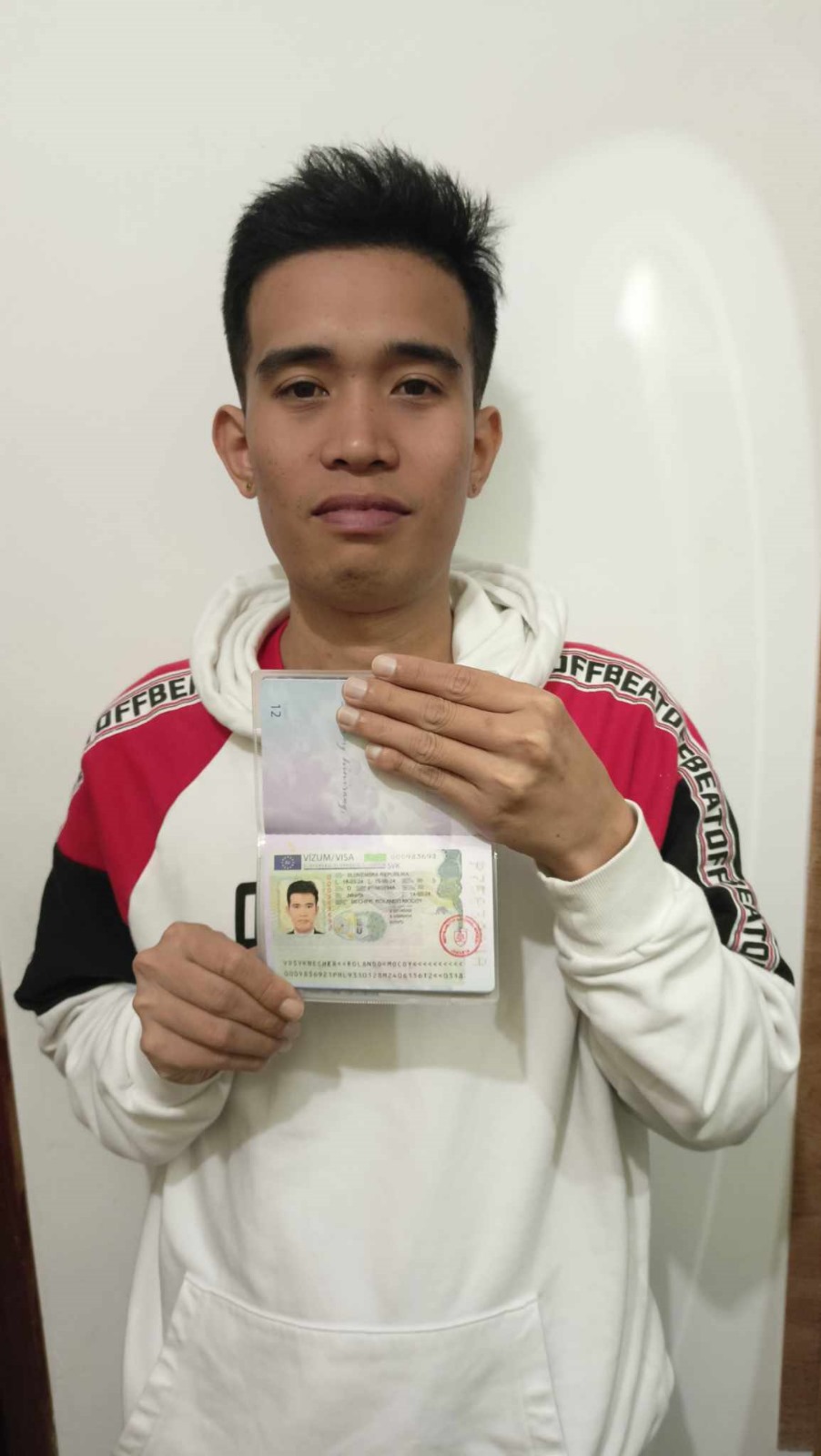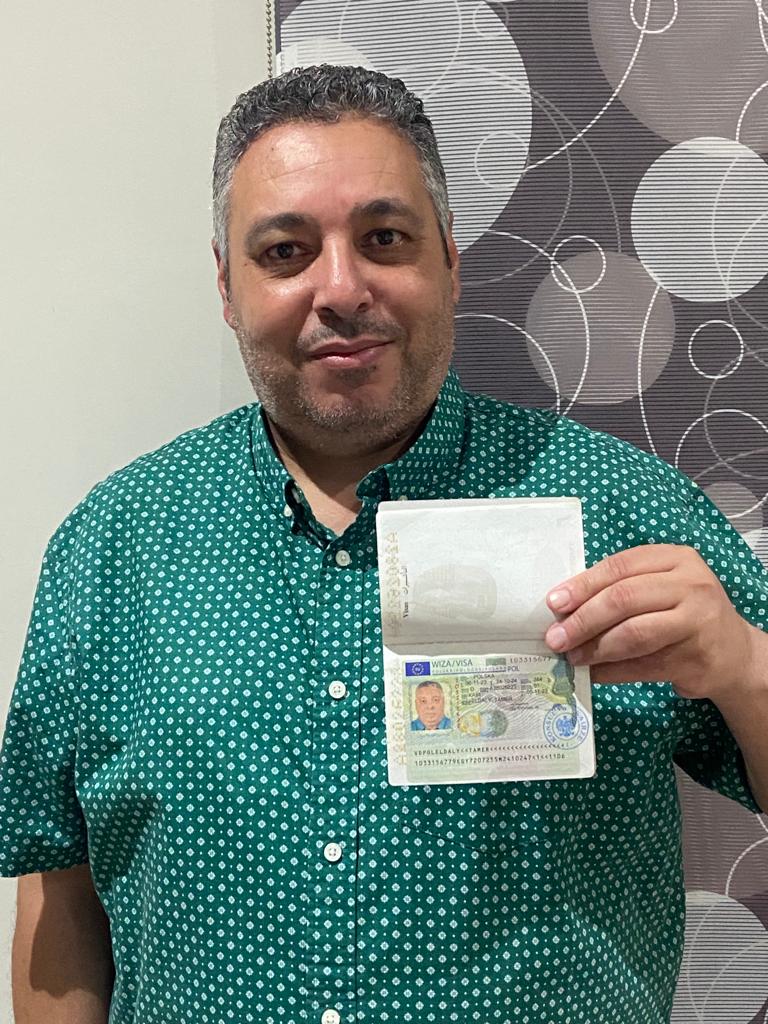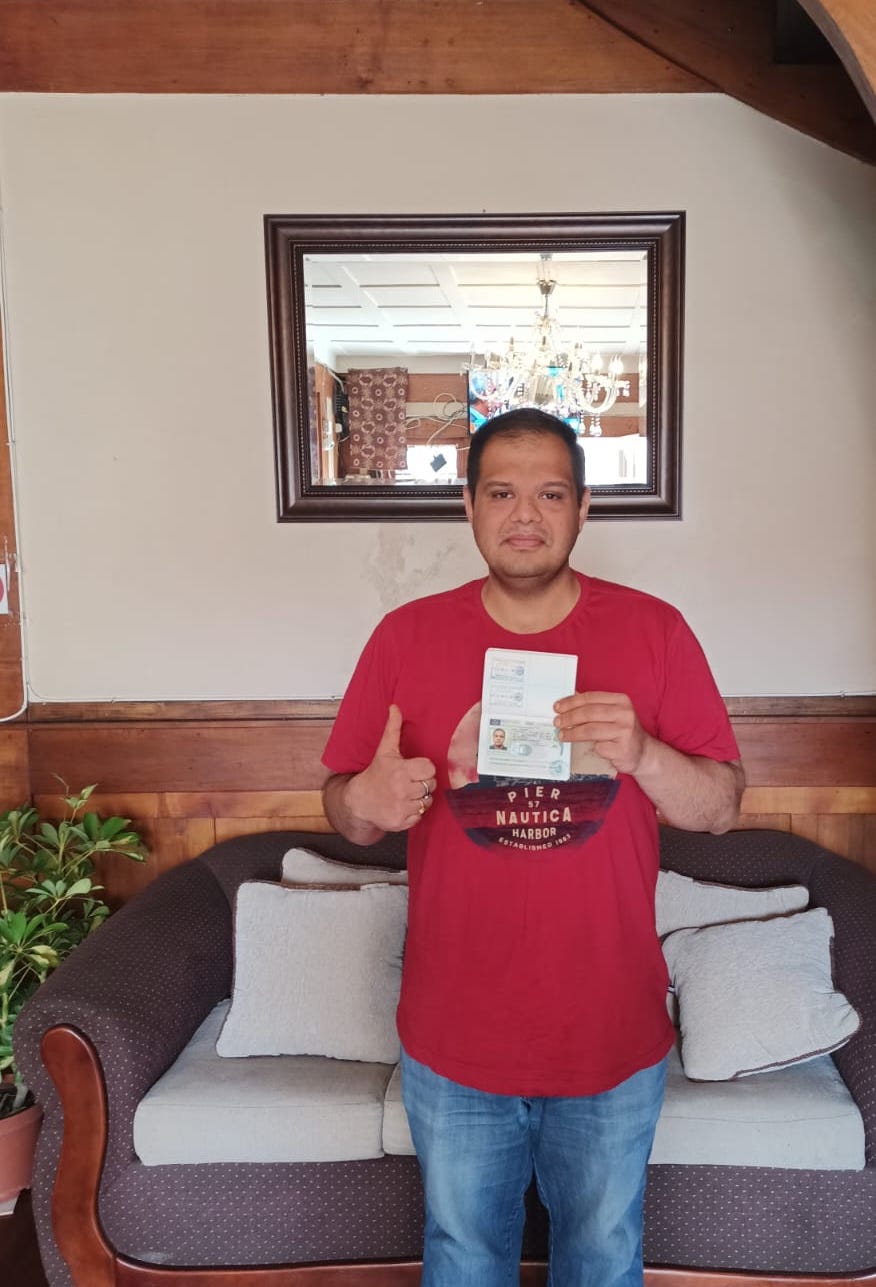Looking for inspiration
Global clients share how AtoZ Serwis Plus helped them secure work permits, visas, and career support across Europe. Real stories. Real results.
At AtoZ Serwis Plus, we help you become a global citizen with trusted support for jobs abroad, overseas education, and visa processing tailored to your goals.
Read MoreOur Solutions
Connecting employers, job seekers, students, and agencies across Europe and beyond.
Register as an Employer Partner!
Are you hiring workers from Asia, Africa, CIS, or EU countries? Let AtoZ Serwis Plus help you recruit skilled and semi-skilled talent for Poland, Slovakia, Hungary, Lithuania, Estonia, Germany, and more. We provide comprehensive legal recruitment, visa support, and complete onboarding solutions tailored to your business needs.
EmployerJob Seekers Registration!
Looking to work in Poland, Germany, Slovakia, or other EU countries? AtoZ Serwis Plus connects you with verified job offers, legal work permits, and step-by-step visa assistance. Start your European career with trusted employers and transparent migration support.
Job SeekersRegister as a Recruitment Partner!
Looking to work in Poland, Germany, Slovakia, or other EU countries? AtoZ Serwis Plus connects you with verified job offers, legal work permits, and step-by-step visa assistance. Start your European career with trusted employers and transparent migration support.
RecruiterDo you have any questions?
Looking to work and live in Europe? At AtoZ Serwis Plus, we’re here to guide you every step of the way. Our experts provide support with job search assistance, work visa applications, qualification recognition, and European language learning. To connect with us and get started on your European journey, click one of the contact icons below.












